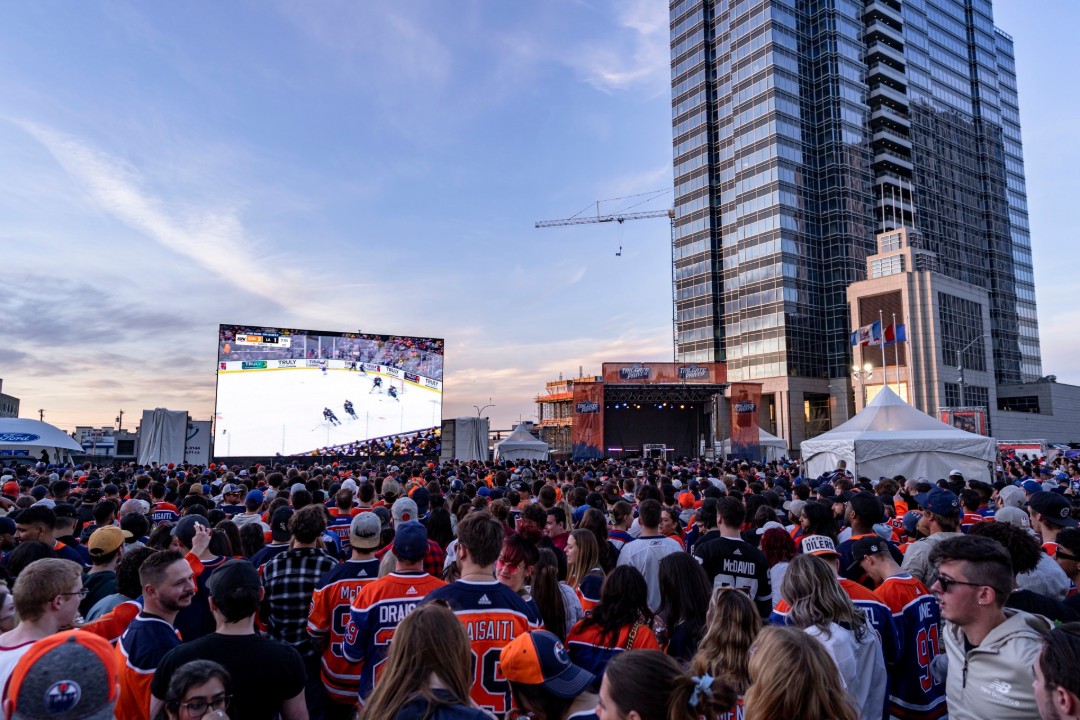
On the agenda: Sewer lines, costly policies, community revitalization levy
This week, city councillors will meet to discuss proposed changes to sewers that could save the city more than $500 million, existing policies that potentially add millions to the cost of building municipal assets, and hear from the public about the proposed extension to the downtown community revitalization levy.
There is a utility committee meeting scheduled for June 23, an audit committee meeting scheduled for June 24, an infrastructure committee meeting scheduled for June 25, an audit selection committee meeting scheduled for June 25, and a public hearing scheduled for June 26 and 27.
Here are key items on this week's agenda:
- The city could save $571 million if it changes the layout of wastewater utility pipes, according to a report that will be presented to council's utility committee on June 23. EPCOR assessed sanitary flows across the system in 2023, projecting future flows until 2062, and found that the configuration of pipes in new areas, as well as the timeline for when they would be needed, is no longer valid. The original plan assumed new areas would generate 350 litres of sanitary waste per capita per day. But reduced water consumption, inflow and infiltration reduction practices, improved sanitary technology, and better construction methodology have resulted in an actual rate of 140 litres per capita per day, and the projection indicates water consumption will continue to decline. Administration has proposed to eliminate several portions of wastewater pipes in the north, west, and south parts of the city. The proposed changes would also eliminate the need for complex river and creek crossings. If council's utility committee approves the changes, they will go to city council for a vote at a future meeting. Another item on the agenda to be presented to the committee appears to be about the proposed use of the $571 million, but city administration had not published its report on the city's website by Taproot's publication deadline.
- Administration will review several city policies after a study, which compared Edmonton's cost to build municipal assets to costs in other municipalities, found that Edmonton's policies can increase administrative, legal, and design costs. In the study, a consultant designed a fire station to meet all of Edmonton's standards and one that met the minimum building code requirements, which is typical in smaller municipalities. The study found the minimum code station would cost approximately $13.3 million, while Edmonton's would cost approximately $21 million. Policies and processes that drove costs up the most were the climate resilience policy, the fire rescue service delivery policy, the City of Edmonton facility construction standard, and the Edmonton Design Committee process. The study also found that the operating cost of the hypothetical Edmonton fire station was estimated to be higher than the basic one. This contradicts administration's assumption that facilities built to high standards would cost less to operate long-term. Administration said the three policies are under review, and that the new mandate for the Edmonton Design Committee will include a clarification that its architectural advice is optional. The study will be accompanied by a report about the city's planning and design process for municipal infrastructure assets.
- Administration has set two days aside for a public hearing on whether to extend the downtown community revitalization levy, which would allow the city to use tax revenue from new development to fund projects. Part of the proposed extension concerns the $250-million event park that's been proposed by the Oilers Entertainment Group beside Rogers Place. About $97 million of that cost would come from the province, $84 million would come from the group, and the remainder would come from the city, via the levy. Some councillors, including Coun. Michael Janz and Coun. Erin Rutherford, have raised concerns about using public funds to benefit private projects. Janz said that he wants this decision to be put to a referendum during the upcoming municipal election in October. He said he will introduce a motion at the meeting to refer the bylaw back to administration and see if it's possible to add a question to the ballot to gauge support for public money going to the event park and its proponents. "I resent the fact that there are some good things for Edmontonians in this," Janz said, "but they're conditional on giving out a billionaire bailout. No government should be picking winners and losers. No government should be telling a city that you can only have critical infrastructure funding and long-overdue funding if you agree to pay off one private business."





